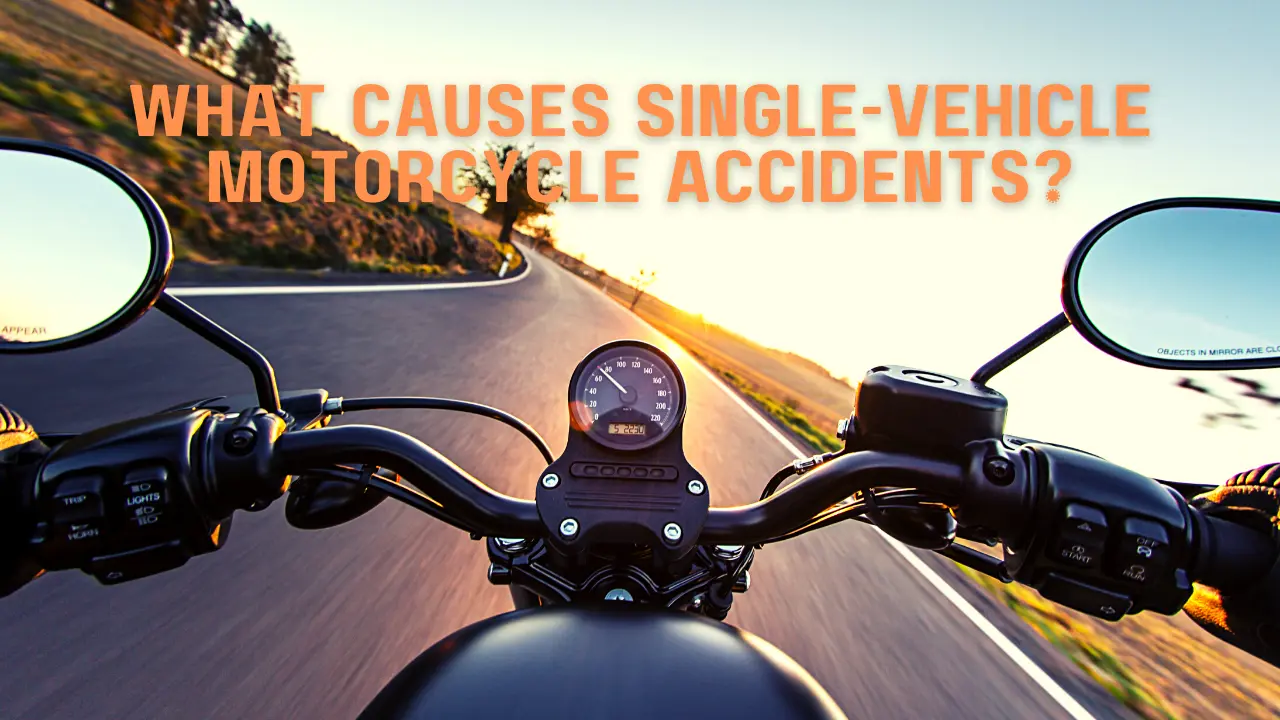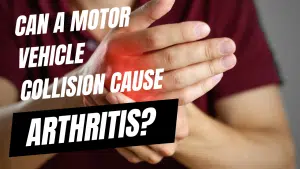Motorcycle riders often get a bad reputation for being careless vehicle operators, and any accident that happens to them is well-deserved because of their recklessness. But while motorcycle accidents are common, not all riders who get involved in them are at fault all the time. And just because a motorcycle accident involves only the motorcycle, it does not always mean that the rider was irresponsible.
Single-vehicle motorcycle accidents are just as dangerous as motorcycle accidents involving multiple vehicles, so to prevent such things from happening, it is essential to know what causes them.
What are the common causes of single-vehicle motorcycle accidents?
Many motorists wrongly think that single-vehicle motorcycle accidents are caused by riders being reckless and irresponsible. This is not true because the most common causes of single-vehicle motorcycle accidents include:
- Not slowing down when making turns
- Being cut off by another vehicle
- Encountering road hazards such as potholes, cracked pavement, gravel, or trash
- Swerving to avoid a pedestrian, an animal, or other road obstruction
- Colliding with fixed roadway equipment such as direction signages, traffic cones, barriers, guardrails, light posts, and electric power poles
- Speeding while drunk (alcohol dulls the senses and delays reaction time)
- Being too close to the vehicle in front
- Not paying attention to the vehicle in front, then braking abruptly when it stops
- Poorly marked construction zones
- Lack of road hazard signs
- Wet and slippery pavement
- Motorcycle parts breaking down during the ride
Who is at fault in single-vehicle motorcycle accidents?
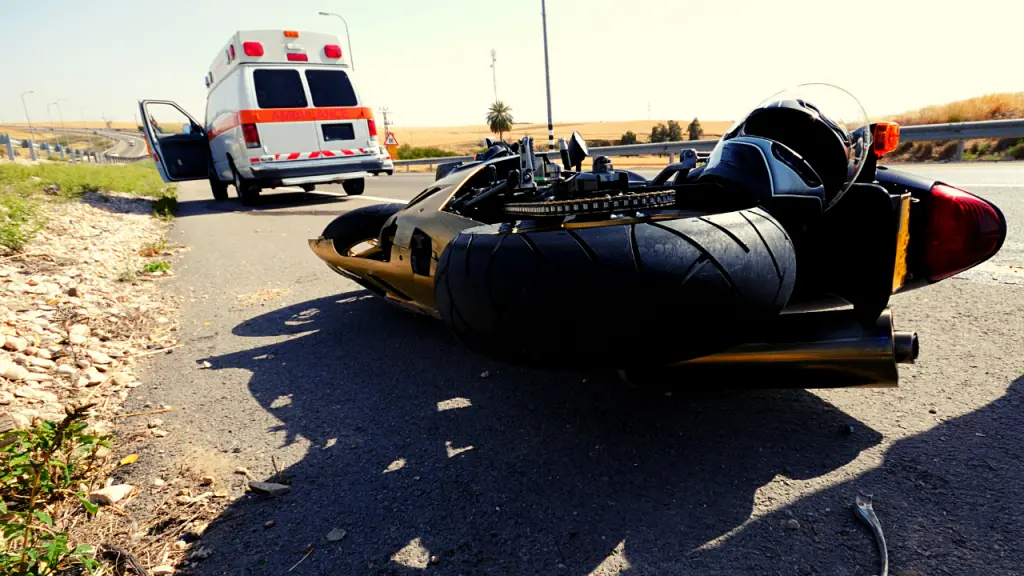
If you crash with a car because it made a sudden left-hand turn while heading straight towards an intersection, it is pretty easy to identify that it is the car driver’s fault.
However, if you are thrown off the motorcycle because another vehicle forced you to swerve and lose control, determining fault will not be easy. Will it still be the other driver’s fault even if the car did not directly hit you, or are you the one to blame for your own crash because of your sudden maneuver?
If you crash because of poorly maintained roads, is it your fault for traveling on roads in a bad state, or is it the fault of the agency responsible for road maintenance?
If the accident is caused by an oil spill or a wet pavement, will it still be your fault? What if the brake, clutch, or steering malfunctions while you are riding and causes you to crash, can you hold someone else accountable for the accident?
A single-vehicle motorcycle accident will not always be your fault, but you could be responsible for all the expenses that will follow. This can provide an additional burden to the physical pain and emotional suffering you are already experiencing, so it is important to identify if someone else could be held accountable.
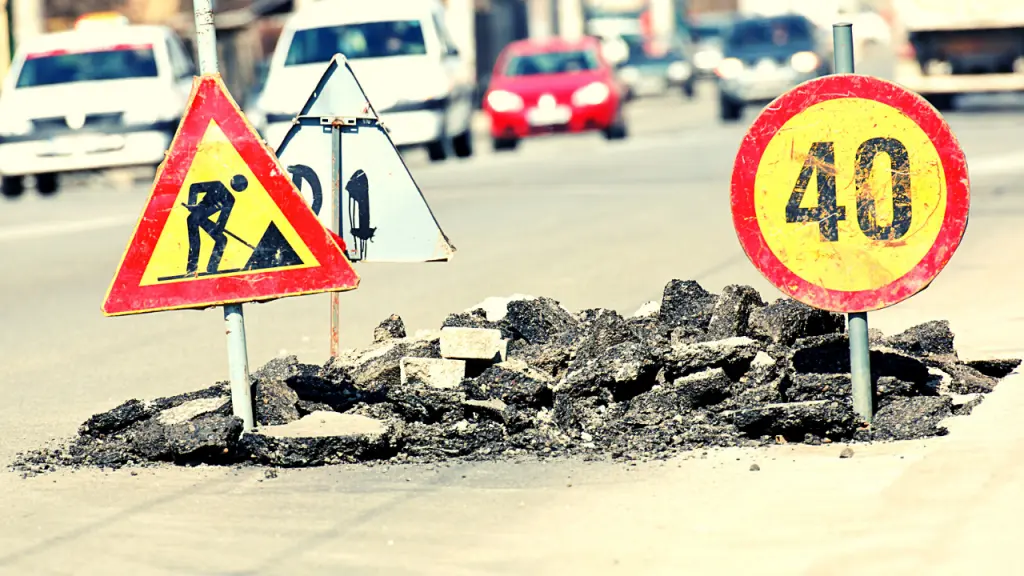
Several parties may be responsible for a single-vehicle motorcycle accident. These include:
- Agencies and institutions that are in charge of road maintenance
- Construction companies that fail to provide adequate warning signs at a construction site
- Motorcycle manufacturers
- Motorcycle dealers
- Manufacturers of motorcycle parts
However, it would help if you first determined fault by establishing negligence on the part of either of these parties. You should also prove that the at-fault party’s actions or the lack thereof contributed to the accident and that the injuries sustained and damages incurred resulted from the motorcycle accident.
Motorcycle accidents vs. car accidents
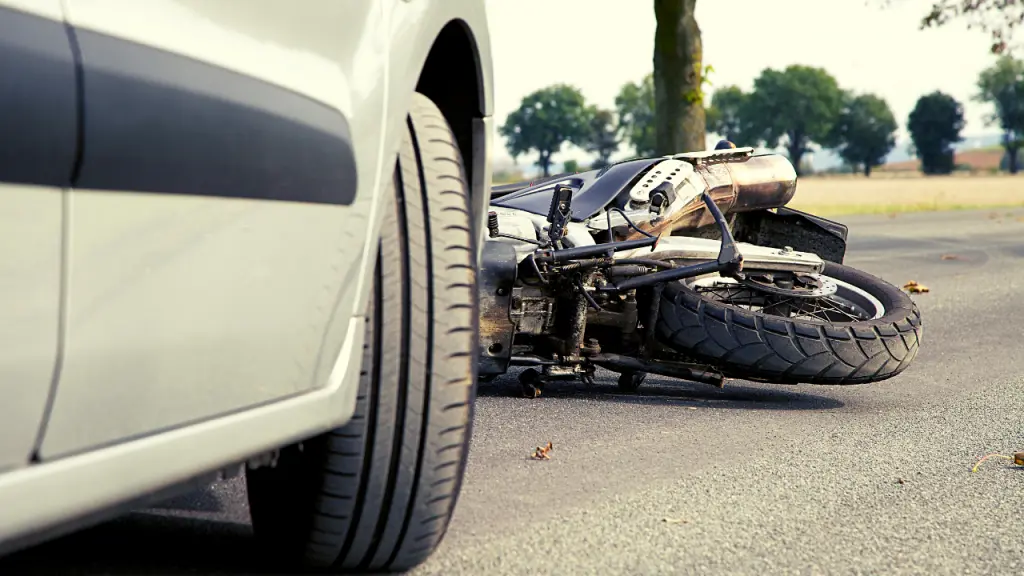
According to the National Highway Traffic Safety Administration (NHTSA), about 4,200 motorcycle riders were killed in motorcycle accidents in 2015. Of these fatalities, about 1,700, or around 40%, were single-vehicle motorcycle crashes.
However, many of these cases are not the riders’ fault. In most of these accidents, car and truck drivers are to blame. Despite this, many people still find it easier to be prejudiced towards motorcycle riders, especially since they can weave in and out of traffic than any other type of vehicle.
On the other hand, motorcycle riders point their fingers at car and truck drivers who fail to acknowledge smaller vehicles on the road. This claim is supported by a Department of Transportation (DOT) study, which found that car and truck drivers are often at fault because they fail to yield the right of way to motorcycles.
What do studies say?
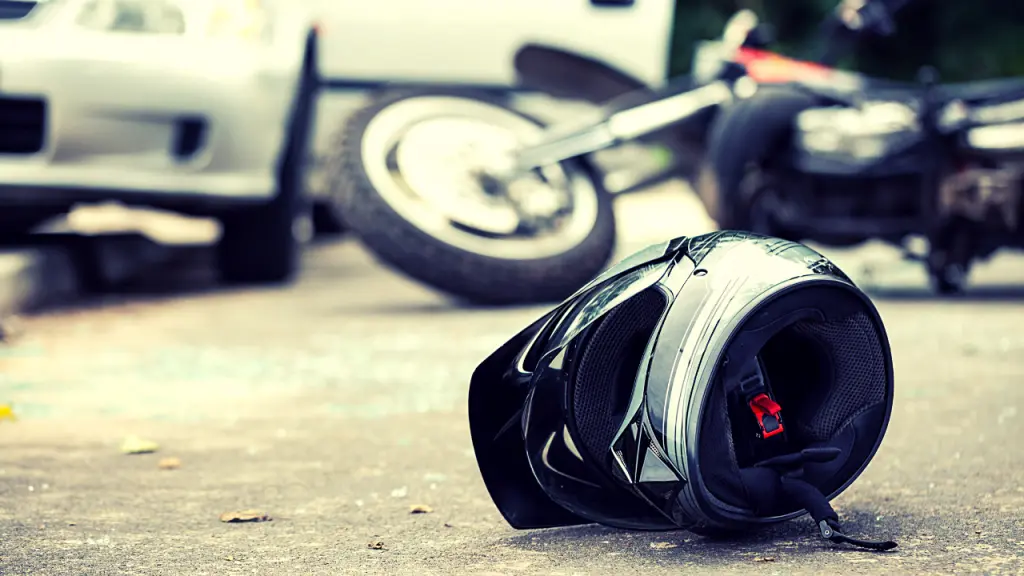
Supporting the DOT study is an analysis from the University of South Florida’s Center for Urban Transportation Research, which found that 60% of the time, the other vehicle is at fault in a motorcycle accident.
But motorcycle riders are not faultless either because they have a significantly higher rate of getting involved in single-vehicle accidents than other drivers.
The same analysis also found that 34% of motorcycle accidents involve only the motorcycle, a significantly more significant figure than the 19% of car accidents involving only the car. When it comes to motorcycle rider deaths, 50% of them resulted from single-vehicle motorcycle accidents.
When do single-vehicle motorcycle accidents happen?
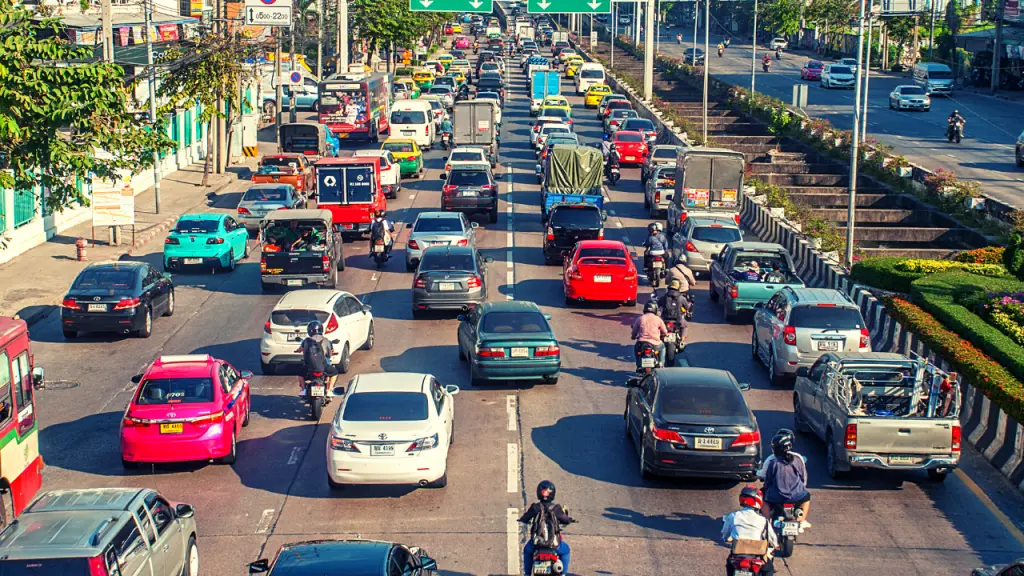
Single-vehicle motorcycle accidents typically occur when riders fail to slow down while making turns. These crashes may also involve other vehicles but will still be considered a single-vehicle motorcycle accident.
For example, a car making a sudden left turn can cause a motorcycle accident. Still, if the motorcycle does not collide with it, the other vehicle is technically not involved, at least not directly. The car’s sudden maneuver caused the accident, but only the motorcycle rider was affected.
Moreover, the wrong perception that a vehicle’s speed is relative to its size can also influence how other motorists deal with motorcycle riders on the road. Most motorists may find a car or a truck going at 45 mph more intimidating than a motorcycle going at the same speed, so they are more likely to give way to the car or truck driver than the motorcycle rider.
A motorcycle may also seem farther than it is. Its size makes it difficult to be immediately spotted, so by the time another motorist notices, it will be too late.

